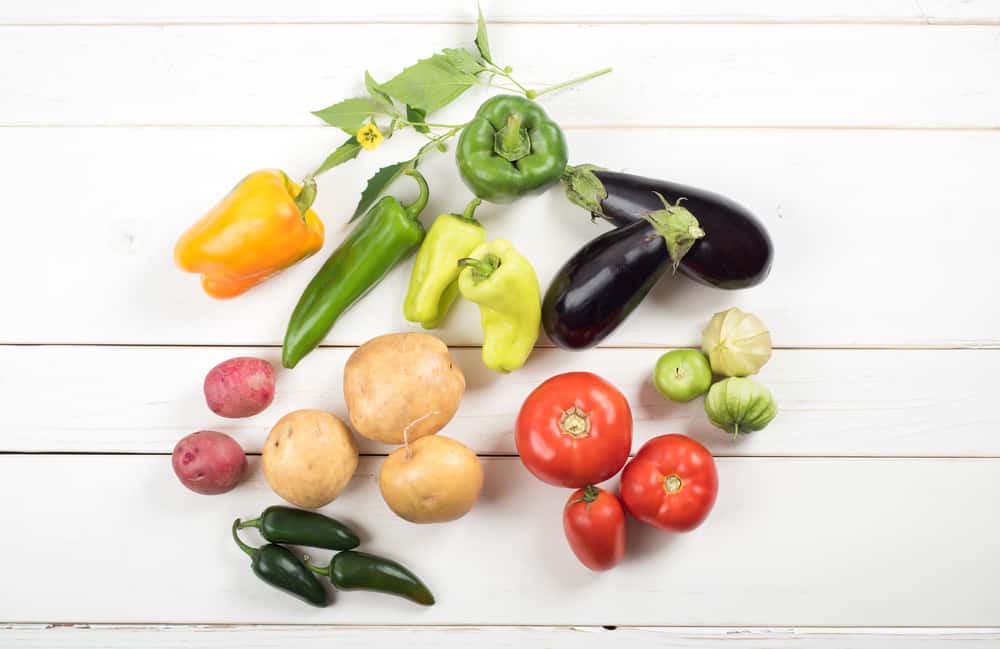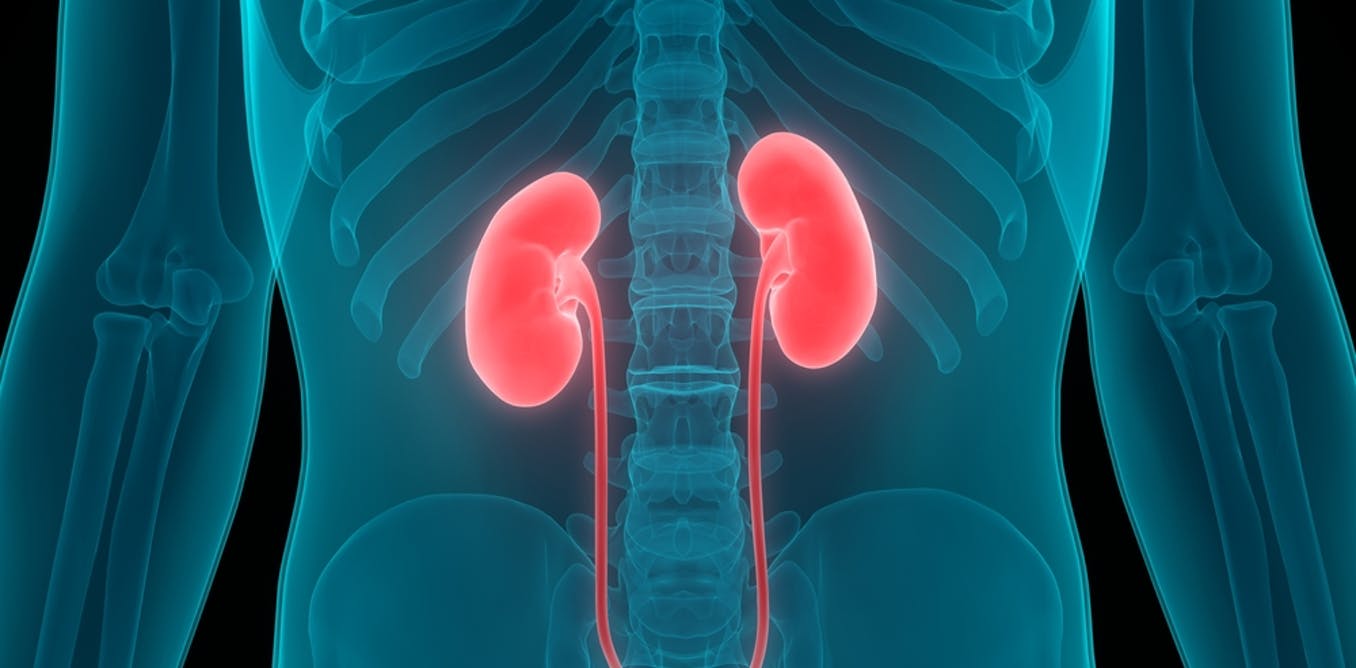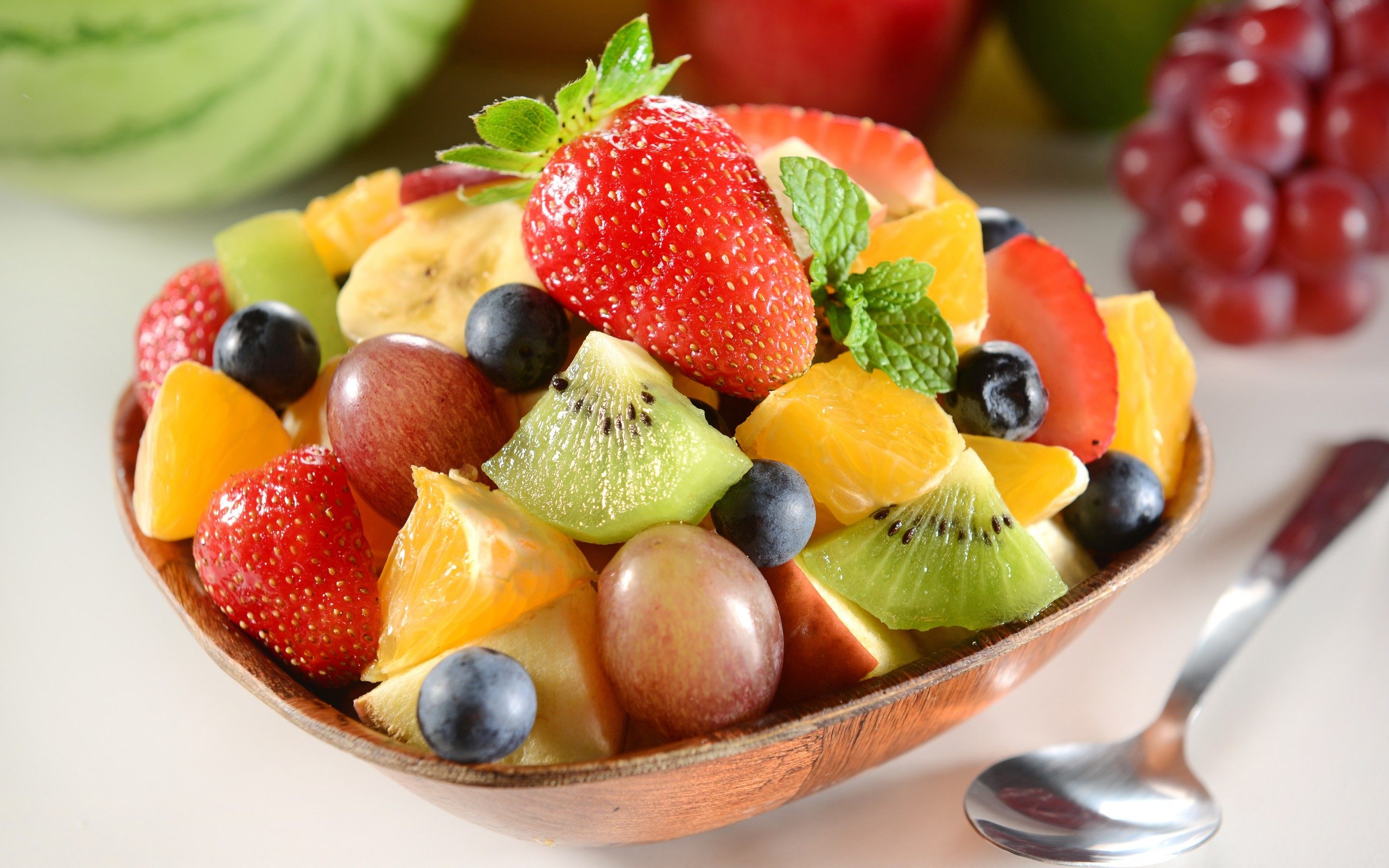Contents:
- Medical Video: Dr. Gundry’s The Plant Paradox Is Wrong
- What are nightshade vegetables?
- Is it true that nightshade vegetables cause inflammation?
- Benefits of nightshade type vegetables
- Should avoid vegetables nightshade?
Medical Video: Dr. Gundry’s The Plant Paradox Is Wrong
Vegetables are an important food source for the body. Vegetables contain lots of fiber, vitamins and minerals that can help reduce inflammation in the body. However, it turns out there are several types of vegetables that are actually considered to exacerbate inflammation. One type is nightshade vegetables which are said to make arthritis worse.
What are nightshade vegetables?
Nightshade vegetables are members of a named plant family Solamaceae. Most nightshade plant species, such as tobacco, are not edible. Likewise with belladona plants that are deadly when consumed. However, there are also nightshade vegetables that can be eaten and are very often found in daily food, namely:
- Tomato
- eggplant
- Potato
- Peppers or chili
All nightshade plants contain alkaloid compounds called solanine, which are toxic in high concentrations.
Is it true that nightshade vegetables cause inflammation?
Some people believe that solanine contained in nightshade vegetables can cause inflammation, or make inflammation worse, such as arthritis.
However, although some people feel that this type of vegetable worsens the symptoms of inflammation, there is still little research that supports that solanine has a direct effect on inflammation or worsens the symptoms of arthritis.
According to the Arthritis Foundation, the notion that eating nightshade vegetables can make arthritis worse is just a myth.
Reported on the Medical News Today website, it is suspected that in some people who feel these symptoms are getting worse due to the different tolerance levels of the food from the nightshade vegetable family.
In fact this nightshade vegetable species is actually high in antioxidants, including carotenoids, which can prevent cell damage in the body.
So, some people who believe that this vegetable aggravates their condition, maybe because actually they have intolerance or allergies against vegetables nightshade.
For people who experience this complaint, it's best to avoid nightshade vegetables. If you don't feel any complaints or symptoms after eating these vegetables, you don't need to avoid these types of vegetables. Because, there are some nutrients that you won't get if you don't want to eat this type of vegetable.
Benefits of nightshade type vegetables
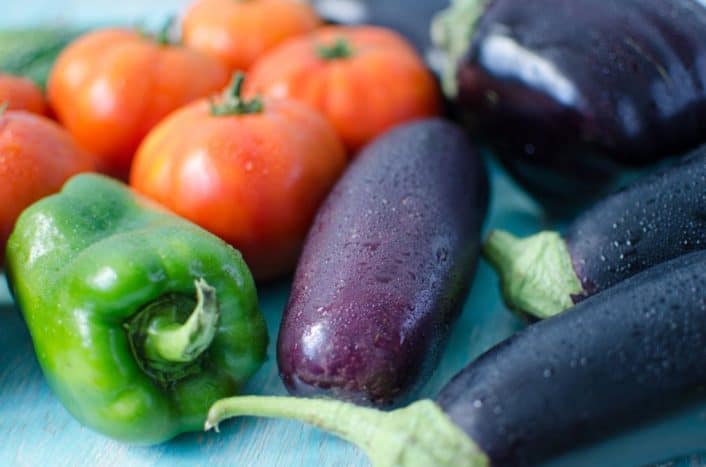
Nightshade vegetables actually contain lots of nutrients. This vegetable is also easy to process.
For example paprika and chili, both of which are sources of food rich in vitamin C, fiber, vitamin K, and vitamin B complex. The capsaicin substance in it can relieve arthritis pain by reducing the transmitter of certain pain in the nerve called P. Capsaicin. P.Capcaisin is a composition that is usually available in many pain relief creams.
Besides that potatoes also have many benefits, although potatoes are a high-carbohydrate food source. Potatoes have high nutrient content. If eaten in moderation by boiling or steaming, making potatoes is even more beneficial.
Potatoes are a good source of vitamin C, vitamin B6, niacin, manganese, copper, and folate.
Next is tomato. Actually tomatoes are considered fruit, but biologically enter into the family Solamaceae. It's no stranger that tomatoes are a great source of antioxidants because they contain lycopene, beta carotene, alpha-carotene, and also lutein.
Lycopene is the most powerful type of carotenoids that can help prevent certain types of cancer, help prevent heart disease, and help boost immunity.
Should avoid vegetables nightshade?
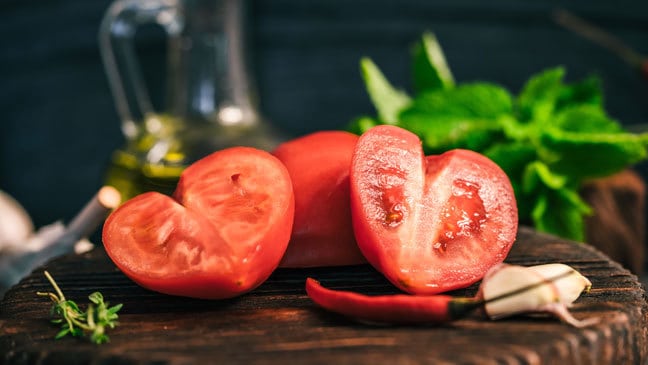
There is not yet strong scientific evidence regarding nightshade vegetables that can cause inflammation. Even so, that doesn't mean it's wrong. Food allergies and intolerance continue to increase and many types throughout the world, so it is possible that there may be people who cannot accept a type of food.
In principle, as long as you consume nightshade vegetables and there are no more severe symptoms, these vegetables are safe. However, if after avoiding these types of vegetables your symptoms of inflammation improve, chances are you can replace them with other vegetables.
If after eating this type of vegetable you experience:
- Tingling
- Itchy rash
- Swollen face, tongue, or throat
- Difficulty breathing
- Dizzy
- Fainted
You should avoid these types of vegetables, because you might experience an allergic reaction to nightshade.
Whereas if you feel abdominal pain, bad stomach, and other digestive problems, you may experience intolerance to nightshade. Consult your condition to health workers in the hospital to ascertain your condition.

